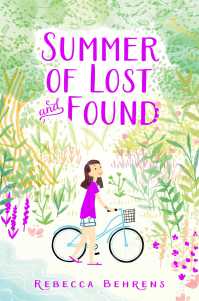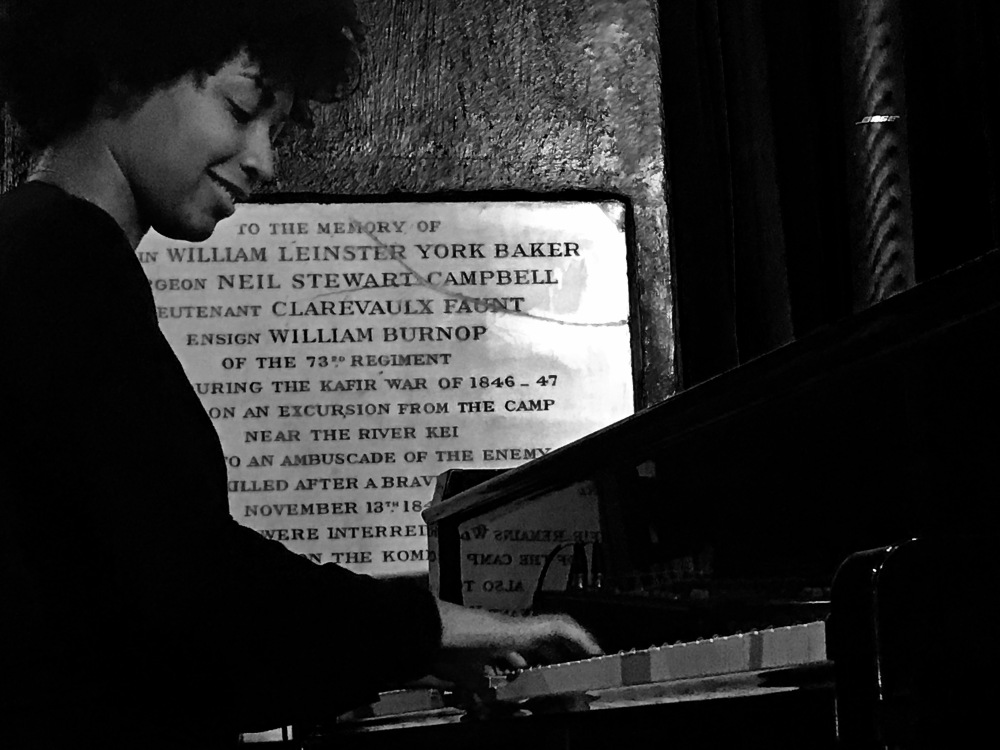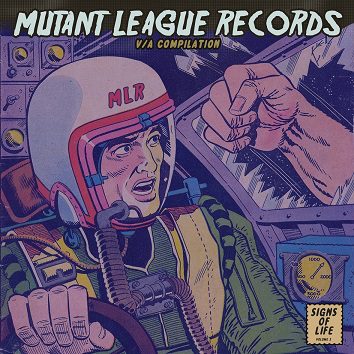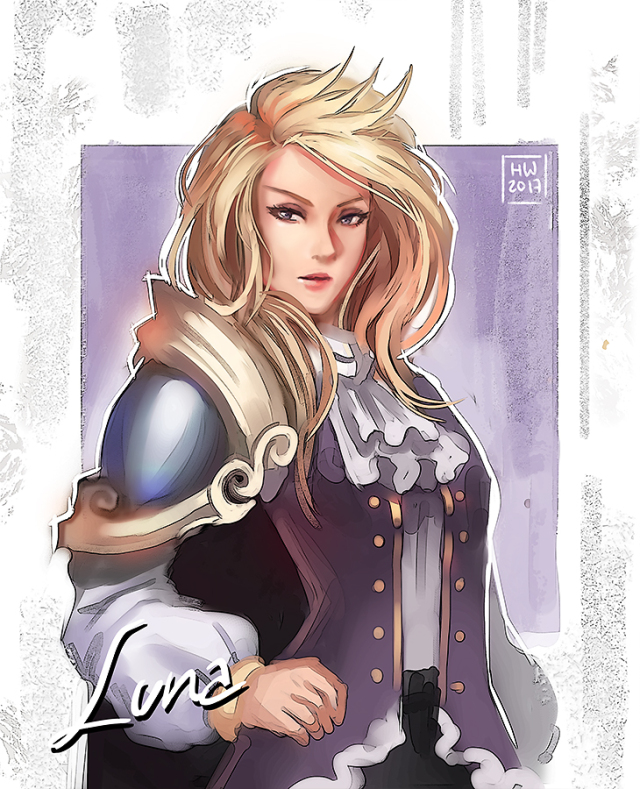
“Dimestore” is, according to the author, a series of essays but it seems to be more of a memoir. Lee Smith is known for her fiction set in Appalachia (I have only read “Fair and Tender Ladies” although she has written several). She describes growing up in the mountains of western Virginia and her family, life in a small town, and discovering fiction and Southern writers. Her reminisces made me want to delve into the Southern writers again!
I especially enjoyed the chapters on writing and literature. “I was still drunk on words and books, just as I had been as a child, when I used to read under the covers with a flashlight all night long. My favorite professor at Hollins was Louis D. Rubin, Jr., who introduced us to Southern literature; I hadn’t even known it existed when we started out. I had already gotten drunk on Faulkner a couple of times, then had to go to the infirmary for a whole day when we read William Styron’s “Lie Down in Darkness’ – I got too ‘wrought up,’ as my mother used to say. The nurse gave me a tranquilizer, and made me lie down.”
She writes about meeting Eudora Welty and her disillusionment (“I was deeply disappointed. Why, she certainly didn’t look like a writer! She didn’t have a cape, or boots or anything.”), that changed instantly to enthusiasm as Welty begins to read aloud a passage from one of her stories. And she relates both the difficulties and the fulfillment that writing brings:
“These days, very few are the writers whose book jackets list things like bush pilot, big game hunter, or exotic dancer. No, more often we are English teachers. We have children, we have mortgages, we have bills to pay. So we have to stop writing strictly about what we know, which is what they always told us to do in creative writing classes. Instead, we have to write about what we can learn, and what we can imagine…”
It has been a long time since I’ve read a non-fiction book. I do enjoy reading diaries, letters, and memoirs, as I love reading other viewpoints that enlarge my world. The author tackles difficult subjects (divorce and remarriage; schizophrenia, aging, dysfunctional families, illness).
“Dimestore” centers mainly on Lee Smith’s childhood memories (her father owned a five-and-ten). She also writes candidly and unashamedly about the mental illnesses in her family. There is a very sad, poignant chapter about the death of her son. The author explores in her literature and writing, not only how she herself dealt with loss and grief but the engima of human frailty and surviving the challenges that life brings.
“Then Dr. Stevenson leaned forward intently and said, “Lee, since your parents are both ill, I wonder if you have ever worried about getting sick as well.”
“You mean, if I am going to go crazy, too,” I blurted out.
“Yes’, he said, “if you are going to go crazy too.”
Advertisements Share this:





